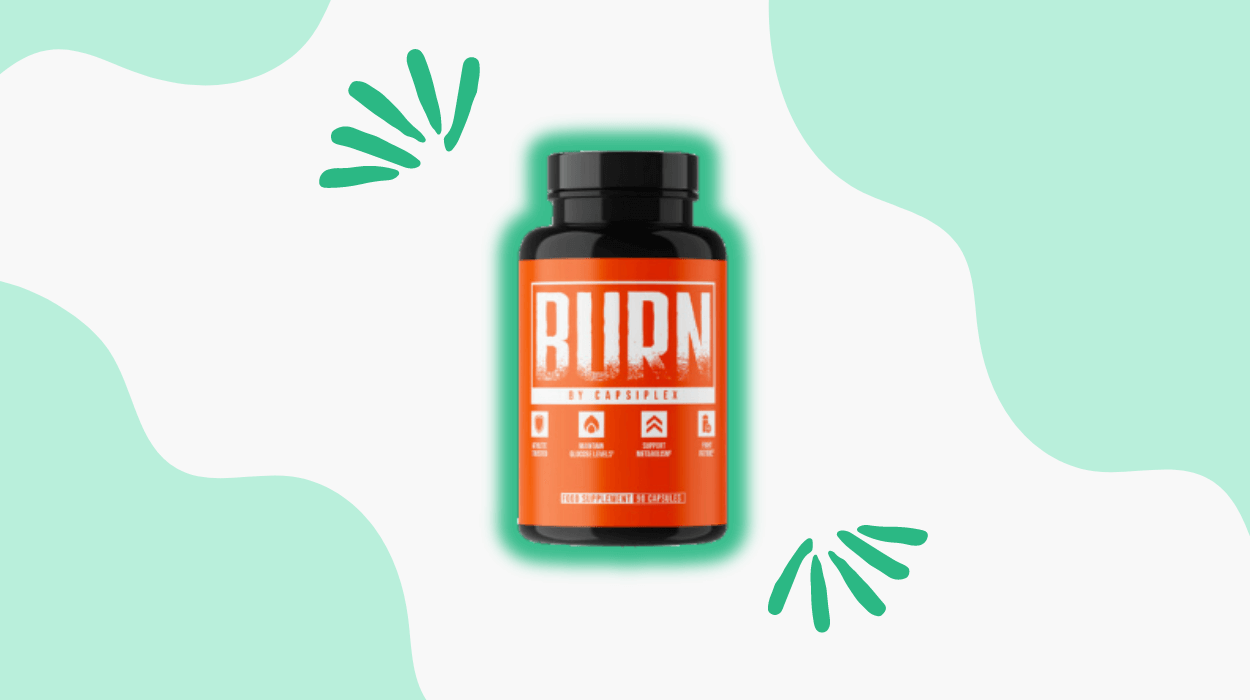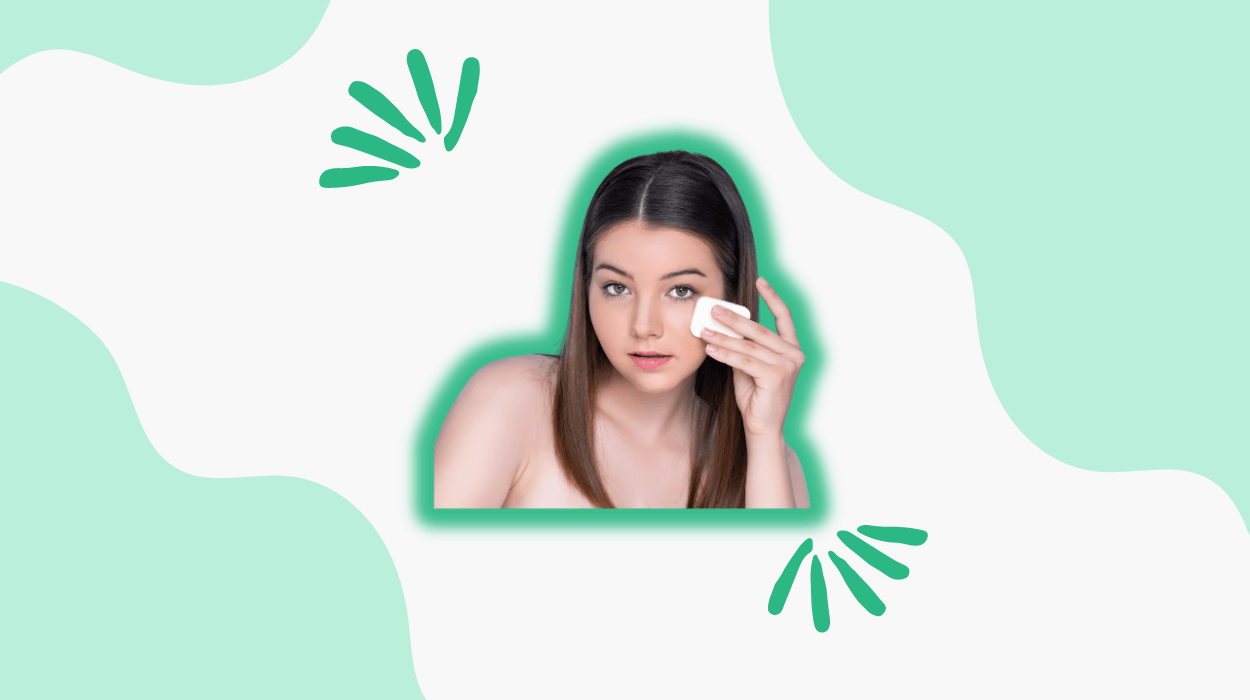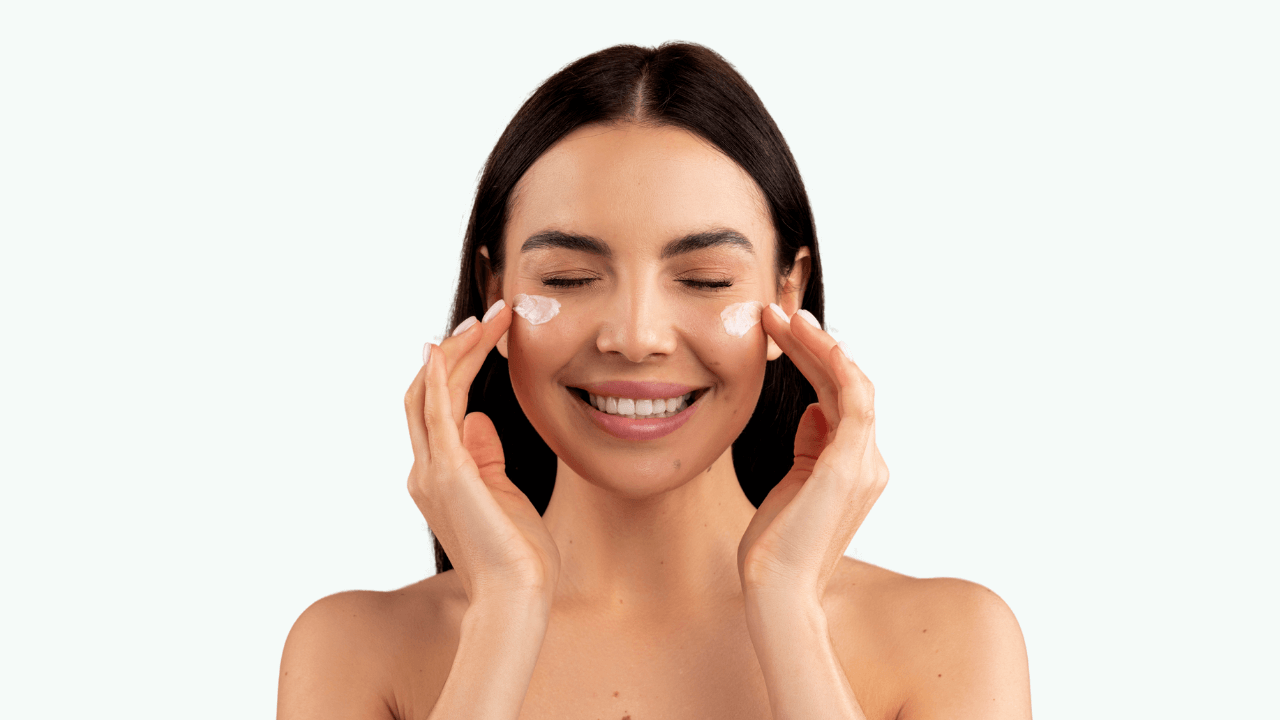

Facial puffiness is a common concern primarily due to water retention, a condition where excess fluid builds up in the facial tissues. Diet, sleep patterns, makeup habits, and overall lifestyle choices can also influence it.
Upon waking up in the morning, you may have looked in the mirror and noticed a bloated and puffy facial appearance. The position in which you sleep could also affect fluid distribution in the face, possibly contributing to swelling.
Some lifestyle interventions could help diminish the appearance of a puffy face. We shall analyze the reasons for facial puffiness and learn some ways to de-puff your face.

Including foods rich in antioxidants and vitamins can help reduce inflammation and puffiness in the face. Consider adding foods like berries, leafy greens, fatty fish, and nuts to your diet.
Excessive salt consumption may cause your body to retain fluid, bloating your face. Limiting foods high in salt, such as bottled salad dressing, processed foods, and canned foods, could help avoid facial puffiness.
Sugary drinks and processed foods may exacerbate facial swelling. Avoiding these items and opting for whole, unprocessed foods may support a healthier complexion.
Drinking enough water is essential to flush out excess sodium from the body and reduce bloating.
A diet heavy on salt may cause facial puffiness, as excessive sodium consumption may trigger water retention in the body, including the face. Therefore, limiting your daily sodium intake to 2,300 milligrams or 1 teaspoon of table salt is advised.
Checking food labels for sodium content can help you make informed food choices. Preparing home-cooked meals using fresh ingredients (vegetables and fruits) may help control your sodium intake better.
Steer clear of fast food, processed meats, sushi with soy sauce, chips, nachos, and pretzels. These delicacies may contain additional sodium that may contribute to facial bloating.
You may add other seasonings to your recipes instead of relying on salt. Using seasonings like herbs, spices, garlic, lemon juice, or vinegar can enhance the overall flavor of your dishes.
Alcohol consumption might contribute to facial puffiness. It may cause your blood vessels to dilate, leading to a swollen appearance, especially around the eyes. This effect is more pronounced with moderate-to-high alcohol intake.
It could induce the body to retain fluids and result in facial puffiness. Alcohol consumption could also trigger inflammation in the body, leading to puffiness in the face.
Therefore, instead of reaching for a glass of wine or beer with your meals, swap it out for a refreshing beverage or plain water.
Your face may become swollen and puffy if your body retains too much sodium or water. Engaging in activities that induce sweating, such as exercising, could aid in sodium excretion from the body and promote overall weight loss. These effects can be reflected as reduced puffiness on the face over time.
The CDC recommends partaking in moderate exercise sessions for at least 150 minutes each week. You may split this interval into 30-minute exercise sessions five days a week.
You may perform cardiovascular exercises like rope skipping, jogging, cycling, or dancing. Pairing these cardio exercises with strength training could complement your weight loss and de-puff efforts.
When dehydrated, your bodily tissues and cells tend to hold onto water, which may lead to facial puffiness. Increased water intake could aid in reducing facial bloating and puffiness, promoting a more refreshed appearance.
Drinking water may flush out any excess sodium retained in the body, which could otherwise contribute to facial swelling. Therefore, it is essential to adjust your water intake based on age, weight, activity level, and environmental conditions.
General recommendations suggest that women drink at least nine cups of water daily. Men should consume at least 13 cups daily to stay adequately hydrated.
Chronic sleep deprivation is often associated with an increased likelihood of inflammation, manifesting as puffiness in the face. To combat this, ensuring a consistent sleep schedule with 7-8 hours of quality sleep per night is paramount.
Consuming high-sodium or processed foods at night or in the evening may contribute to facial puffiness. When excess sodium is consumed, the body retains water to balance the sodium levels, resulting in a swollen facial appearance.
Overconsumption of inflammatory foods like refined carbohydrates, red meats, or processed foods may trigger inflammation in the body. Increased inflammation might result in swelling, causing a puffy face.
The table below suggests some dietary guidelines to mitigate facial puffiness:
| Foods to Avoid | Foods to Incorporate | Beverages to Limit | Beverages to Increase |
|---|---|---|---|
| Processed foods | Fresh fruits and vegetables | Alcohol | Water |
| Fast food | Whole grains | Sugary drinks | Herbal teas |
| Canned soups | Lean proteins | Energy drinks | Green tea |
| Fried foods | Nuts and seeds | Carbonated beverages | Coconut water |
A research study indicated that just two nights of restricted sleep had a negative impact on the facial appearance of women who typically received sufficient sleep.
Lack of sleep may disrupt the body’s overnight fluid regulation processes, possibly inducing facial bloating. Not getting the advised 7-8 hours of quality sleep a night may increase inflammation and puffiness in the face.
Poor quality or inadequate sleep could impair healthy blood circulation, causing your blood vessels to dilate and resulting in facial puffiness.
Leaving makeup overnight may lead to a skin reaction known as contact dermatitis. This skin condition could result in redness, irritation, or puffiness around the face and eyes. Most cases are harmless, but severe symptoms like swollen eyes or difficulty opening the eyes warrant medical attention.
Alcohol intake could increase your urination frequency and cause mild dehydration. In response, your body tends to retain more water due to dehydration, potentially causing puffiness in the face.
A research study examined the effects of heavy drinking (more than eight drinks a week) on facial aging in women. The study concluded that women who were heavy drinkers had a higher likelihood of having under-eye puffiness than other women. Overconsuming alcohol might disrupt the body’s sodium balance, leading to water retention and facial puffiness.
Must Visit: How To Lose Face Fat In 24 Hours? [Is It Even Possible?]
Hypothyroidism is characterized by the thyroid gland’s insufficient thyroid hormone production. The condition may delay your metabolic processes and drop your core body temperature. Your veins may constrict in response, leading to water and sodium retention.
Besides facial puffiness, people with hypothyroidism commonly experience symptoms like weight gain, fatigue, poor cold tolerance, dry skin, and thinning hair. If suspecting hypothyroidism, you should consult a doctor for appropriate diagnosis and treatment.
Excessive cortisol production, a hormone crucial for stress response regulation, characterizes Cushing’s Syndrome. The condition can manifest with noticeable facial puffiness, particularly in the morning.
High cortisol levels may lead to fluid retention in the face, causing puffiness. Facial puffiness may be more pronounced upon waking due to fluid redistribution and might persist throughout the day.
The high cortisol levels in Cushing’s Syndrome may stem from reasons like the excessive use of corticosteroid medications or adrenal gland tumors. Besides facial puffiness, you may experience other symptoms, including fatigue, weight gain, and mood disturbances.
During menstruation, fluid retention commonly occurs, often resulting in noticeable puffiness in the face upon waking.
Hormonal changes during menstruation might increase water retention in the body, including the face. Facial puffiness is often accompanied by other signs of premenstrual syndrome (PMS), such as bloating or breast tenderness.
The puffiness typically subsides as the menstrual cycle progresses and hormone levels stabilize.
Sinus infections occur when the nasal passages are inflamed due to a fungal, bacterial, or viral infection. This inflammation may cause your sinuses to fill with fluid, leading to facial puffiness and discomfort.
It is often accompanied by symptoms such as facial tenderness, postnasal drip, and frontal headaches. If left unattended, sinus infections may cause fever, stuffy nose, or pain in the teeth.
OTC medications like decongestants or pain relievers, nasal irrigation, or steam inhalation could help mitigate sinus infections and the associated facial puffiness.
Allergic reactions to environmental triggers like dust, dander, or pollen might lead to facial puffiness. You may wake up with a puffy face due to the body’s inflammatory response against potential allergens.
Besides facial puffiness, other symptoms like sneezing, itchy or watery eyes, congestion, and a runny nose may accompany the allergic reaction.
Once the allergens are identified, steps can be taken to minimize exposure. These may include using allergen-proof pillowcases, regularly cleaning bedding, and installing air purifiers in the bedroom.
Doctors may also recommend allergy medications or immunotherapy to manage symptoms and reduce facial puffiness caused by allergic reactions.
When facing persistent facial puffiness despite implementing lifestyle changes and proper hydration practices, seeking medical advice from a doctor is recommended. Doing so may help identify any underlying health issues contributing to the condition.
A healthcare provider may conduct a thorough evaluation to determine if there are any underlying allergies, health conditions, or fluid retention issues causing the facial puffiness.
They may recommend specific tests or examinations to pinpoint the causative factors and develop an appropriate treatment plan.
Waking up with a puffy or swollen face in the morning could appear concerning, but it should fade away during the day.
When sleeping, fluid may accumulate under your face and might contribute to a bloated facial appearance upon waking up.
Home care techniques like applying cold water, using jade rollers, or performing facial exercises could help reduce puffiness. Using creams, masks, or other products specifically targeting facial puffiness might also be beneficial.
Adopting healthy lifestyle practices, such as avoiding high-sodium foods, staying hydrated, and refraining from alcohol, could aid in preventing facial swelling. However, seek medical advice if the puffiness does not reduce despite implementing the suggested measures.
Tyler Read earned an undergraduate academic degree from Sonoma State University, California and is a certified personal trainer (CPT) with NASM (National Academy of Sports Medicine). With over 16 years of experience, Tyler has trained clients both online and in-person.
He is passionate about helping others turn their love for fitness into a career. Tyler has worked with many local and commercial gyms before establishing his successful private personal training business, which he continues to operate.
